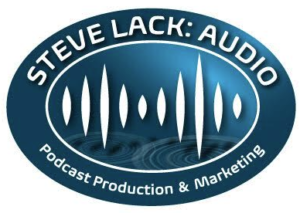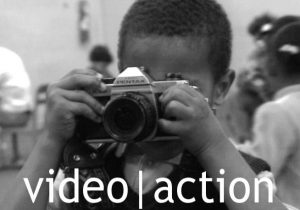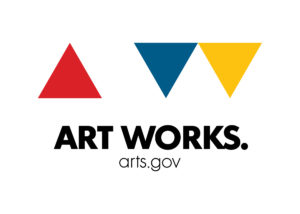By Flo Dwek
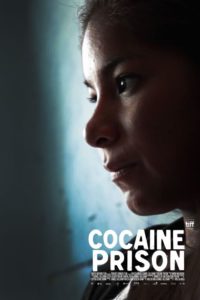
This eye-opening documentary by Bolivian Director/Screenwriter Violeta Ayala—seven years in the making—takes an up-close and personal look at the horrendous toll on individuals and their families caught up in the cocaine trade.
The film had its Washington, D.C. premiere on October 20, 2017 at the Double Exposure Investigative Film Festival. It will have its European premiere November 15–26, 2017 at the International Documentary Film Festival Amsterdam (IDFA), as part of the “Best of Fest” selection.
A CONVERSATION WITH FILMMAKER VIOLETA AYALA: DIRECTOR, COCAINE PRISON, 2017 (78 MIN)
By Flo Dwek

WIFV: What prompted you to make this extraordinary documentary?
AYALA: I was tired of the way the media portrayed people involved in the cocaine industry. On one side is the story of the consumers, and on the other side, the traffickers. Both are glamorized and dehumanized at the same time. But the drug industry doesn’t run like that; there are thousands of people caught up in the middle: I call them drug workers. I wanted to focus on the side that I was familiar with, the “disposable” people in Bolivia. The ones who are the excuse to say this drug war is working, yet nothing has changed for 46 years. The trafficking of cocaine keeps increasing, together with the people killed in Latin America. It’s really vicious. I wanted to focus on the story of the little fish, on the love between siblings and family, on friendships and caring–to make a counterpoint to the dehumanization of people of color involved in the global drug trade.
WIFV: How were you able to film inside the prison without getting caught or detained? Similarly, did you actually film Hernan’s sister, Deisy, when she was on a dangerous and risky mission in Argentina?
AYALA: We asked for permission to a head warden and he said it was okay, but if something went wrong, we were inside the prison on our own. This head warden was replaced by another one soon after, but we continued going to the prison for three years. We decided to teach English to the prisoners and we found the stories inside. Mario asked us if we could give him a camera, because we couldn’t be there all the time. Soon after, we had a little production team inside the prison. The prisoners themselves filmed quite a bit of their stories. It was a long and challenging process. Since I’m from Cochabamba, and this prison wasn’t far from my house, I was able to understand the idiosyncrasies of the place and people. That, combined with our patience and commitment, made this film possible. We didn’t go with Deisy to Argentina and we never saw any cocaine. She had to find her own journey and I’m very proud of her achievement today. She is a very proud, smart and hard- working girl who is managing to overcome her reality and change her future.
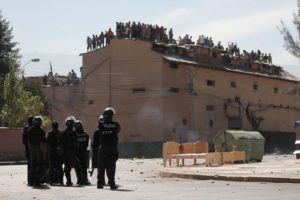
WIFV: How long did it take you to write, shoot and edit this project, from start to finish?
AYALA: We started developing this film in 2010 and finished for its world premiere at the Toronto International Film Festival (TIFF) 2017. Seven years.
WIFV: Did you receive any threats or escape from any harmful incidents while shooting?
AYALA: No. I’m actually receiving threats now. Just yesterday, I received a vicious threat to the life of my daughter, and it wasn’t the first time. Freedom of expression and democracy are in danger in Bolivia at the moment. It isn’t easy to be an independent filmmaker in Bolivia.
WIFV: Do you think your film can make a small difference in changing the criminal justice system in Bolivia for the better?
AYALA: Yes. The injustices in the cocaine business and the judicial system are the elephant in the room. We all know about it but no one dares to talk about it. The film will surely ignite a conversation, and from a conversation, change can happen.
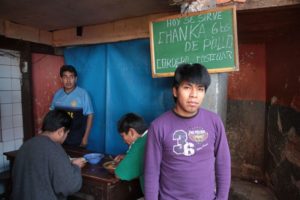
WIFV: What would you like audiences in America to take away from this film and remember or think about most?
AYALA: The global cocaine business affects us all; however, the relationship between Latin America and the U.S. is framed by the drug war. I think this is the time to look beyond the consumers and try to understand that south of the border, there are a lot of people who are suffering the effects of prohibition. I want people here to think about Deisy, Hernan and Mario and all the drug workers as real people, like them, so we can start a real conversation about this issue that is harming us all.
WIFV: Thank you so much for your time and candor. We commend your bravery and commitment to this important cause and wish you and your loved ones all the very best.
AYALA: Thank you very much and my best to the WIFV community.
Watch the COCAINE PRISON trailer below:



